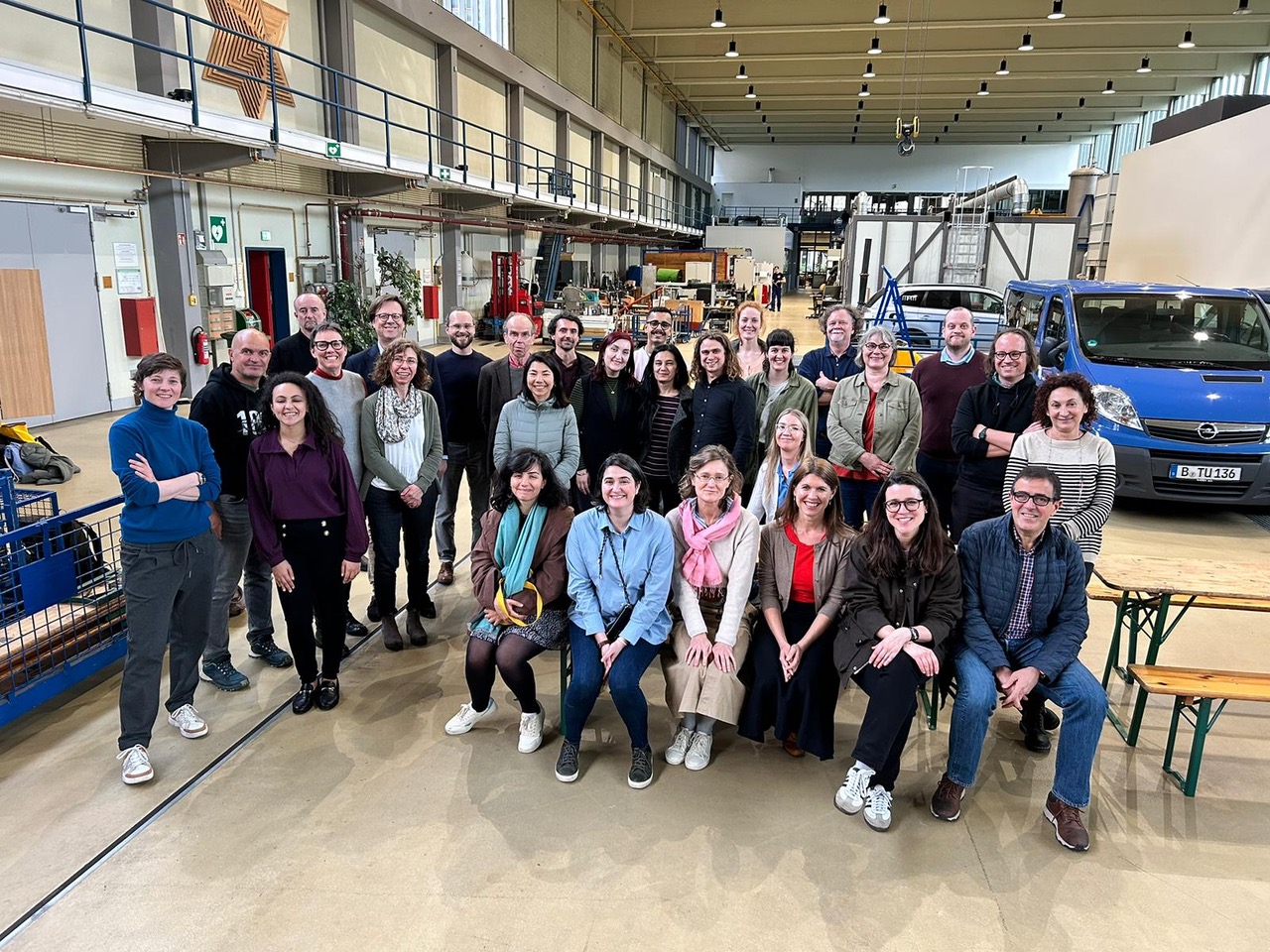Democracy in Engineering Education The underlying question "Crocodile or Octopus?" was not properly answered during…
Decolonizing engineering education: a possible path towards a more collective, caring, and empathetic field

Ohio State University, USA
In the past few years, engineering education has done a lot of work in the realm of empathy and care. It makes sense; we want engineers to care for society! We have seen empathy and care implicitly, and perhaps timidly, made their way into ABET and other accords as a way to push programs to develop engineers that will be aware of the societal contexts of their engineering decisions. Sometimes to develop empathy in students, we even present it as a benefit for the economy just so engineering students, programs, and companies can understand the value that empathy has for the field. But I think these implicit and timid strategies are limiting for the field to become more collective, caring, and empathetic. Just learning empathy skills will not get us far enough (Walther et al., 2017).
There are already existent cultures, communities, and groups of people that have been shown exemplar in their ways of caring and being empathetic for others, but we continue to marginalize their ways of being and knowing within engineering education. For example, African communities focus on the pursuit of collective wellness over individualistic outcomes (Mugumbate and Nyanguru, 2013), and indigenous communities actually use engineering principles for the benefit of their communities and ecosystems (Mejía and De Paula, 2019). However, these communities—communities of people that know how to care for each other— and their ways of being and knowing are often excluded and marginalized within engineering education (Camacho and Lord, 2013; Wilson-Lopez et al., 2016), and thus we (engineering and engineering education) lose the opportunity to become more collective, caring, and empathetic. When talking about racism and homophobia, Audre Lorde said it best; ‘For the master’s tools will never dismantle the master’s house. They may allow us to temporarily beat him at his own game, but they will never enable us to bring genuine change.’ Perhaps, we have to consider how the culture (or tools) within engineering education (i.e., disengagement, depoliticization, and competitiveness just to name a few, per Cech, 2013; Secules, 2018) does not foster collectivity, care, and empathy, and how we have to shift this culture to become welcoming to those who know how to care for others.
We need to decolonize engineering education to foster collectivity, care, and empathy; we need to become an equitable community where diverse ways of knowing and being are acknowledged and valued. Audre Lorde said it best; “without community there is no liberation,” and community requires equity. Decolonizing means to exalt students, staff members, and academics of color and understand that their ways of approaching education and scholarship are also valid and, actually, very needed for engineering. Only by relying on diverse communities, cultures, and people (and their ways of being and knowing), we will know how to become more collective, more caring, more empathetic.
Some colleagues and I recently published an article mentioning the misalignment between students’ beliefs about the value of empathic approaches for engineering decisions and their descriptions of what they did when making design decisions. You can find the article here.
References
Camacho, M., Lord, S. Latinos and the exclusionary space of engineering education. Lat Stud 11, 103–112 (2013). https://doi.org/10.1057/lst.2012.57
Cech E.A. (2013) The (Mis)Framing of Social Justice: Why Ideologies of Depoliticization and Meritocracy Hinder Engineers’ Ability to Think About Social Injustices. In: Lucena J. (eds) Engineering Education for Social Justice. Philosophy of Engineering and Technology, vol 10. Springer, Dordrecht. https://doi.org/10.1007/978-94-007-6350-0_4
Lorde, A. (2003). The master’s tools will never dismantle the master’s house. Feminist postcolonial theory: A reader, 25, 27.
Mejia, J. A., & de Paula, M. N. (2019, June), “Ingeniero como vos”: An analysis of the Mbyá-Guaraní Practices Associated with Engineering Design Paper presented at 2019 ASEE Annual Conference & Exposition, Tampa, Florida. 10.18260/1-2–31921
Mugumbate, J., & Nyanguru, A. (2013). Exploring African philosophy: The value of ubuntu in social work. African Journal of Social Work, 3(1), 82-100.
Secules (2019) Making the Familiar Strange: An Ethnographic Scholarship of Integration Contextualizing Engineering Educational Culture as Masculine and Competitive, Engineering Studies, 11:3, 196-216, DOI: 10.1080/19378629.2019.1663200
Walther, J., Miller, S. E., & Sochacka, N. W. (2017). A model of empathy in engineering as a core skill, practice orientation, and professional way of being. Journal of Engineering Education, 106(1), 123-148.

